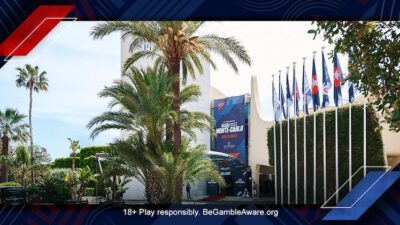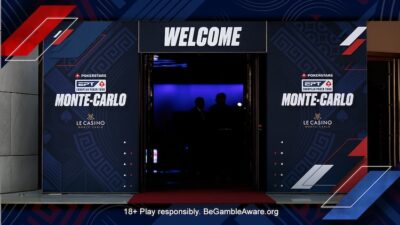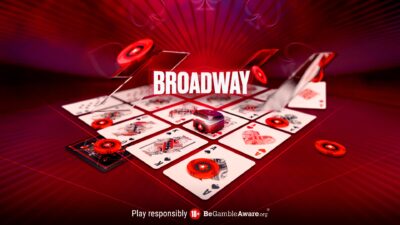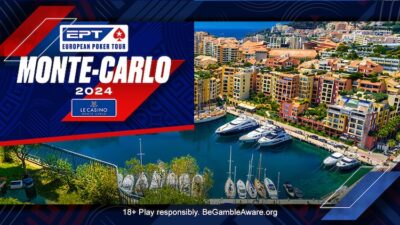To play poker is to enter into situations full of unknowns — willingly. The game is like a series of puzzles that require constant attention and challenge players’ analytical abilities over and again. And if played mindfully, the game is always going to be a learning experience, even for the most seasoned players.
There’s no need to convince Cristiano Torezzan of these truths about poker. Like a handful of others at universities in several different countries, Torezzan has found a way to introduce some of poker’s many lessons into the context of higher education. Since 2013, the professor offers a college course in nearby Limeira called “Poker Basics,” an elective course in Sports Science that gives students a chance to appreciate the strategic complexity of poker as well as to learn its mathematical foundations and their application to everyday life.
Throughout the nine-day, 32-event Brazilian Series of Poker festival, various workshops are being held on a variety of topics, with today’s highlighting the educational benefits of poker. Torezzan, Alberoni “Bill” Castro of the Confederação Brasileira de Texas Hold’em, and Team PokerStars Pro Andre Akkari together formed a panel to discuss Torezzan’s course and other positives poker can produce, and the discussion was enlightening for the many in attendance.
Torezzan has a post-doctorate in applied mathematics, although as he explained the course begins with few assumptions about students’ backgrounds, with the only prerequisites being “knowing how to read” and “being willing to think.”
The class starts out dispelling some myths about poker — e.g., that it is a gambling game like any other, devoid of skill. Akkari, who serves as a guest lecturer in the course, explained how he’d encountered people entirely new to poker asking whether or not dice were required to play.
From there the class covers the rules of Texas hold’em and discusses the development of the game over the years into a kind of intellectual “sport.” They then get into the math of poker (odds, probabilities, variance, risk management), strategic fundamentals (position, hand rankings, flop analysis), and advanced aspects (bankroll management, hand analysis, and “metagame”).
“Students get to learn about the biases of the human brain under pressure,” says Torezzan, the frequent nods of those in attendance reflecting their understanding of the point being made.
The workshop moved beyond discussing just the course to addressing the overall growth of poker in Brazil, including the advance in skill being demonstrated by players even in small poker clubs. There was talk as well about legislation-related battles both here and elsewhere and how the skill game aspects of poker make it increasingly worthy of promoting as a game whose benefits can go beyond merely monetary ones.
Indeed, in his class when Torezzan encourages students’ pursuit of analogies between poker and business and other non-poker situations, the far-reaching applications of “Poker Basics” becomes readily apparent.
We left even before the Q&A had ended, as the discussion continued well into a second hour, feeling as though we’d just sat in on a very interesting college class from which much was learned.
Haven’t gotten a PokerStars account yet? Join the world’s biggest site now.
Martin Harris is Freelance Contributor to the PokerStars Blog.
Back to Top









